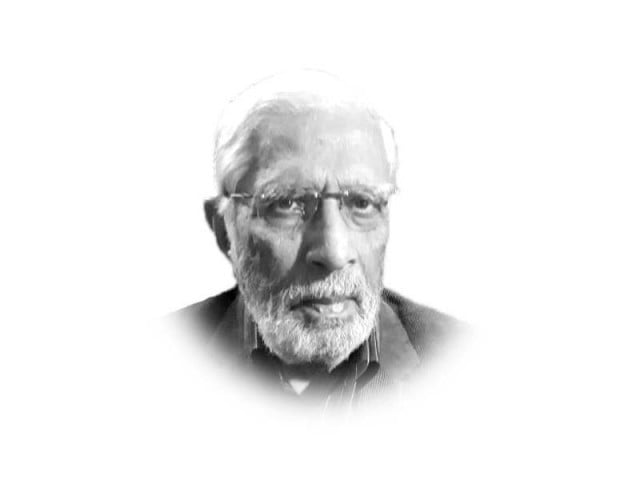
You don’t replace your finance ministers at the drop of a hat, and that too at junctures you are least expected to be taking such a decision. Nobody in his/her remotest imagination had anticipated a change of guard at the ‘Q’ block right when PTI’s first finance minister Asad Umar had just returned home from Washington after having negotiated a three-year $6 billion Extended Fund Facility with the IMF. But that is exactly what had happened when Dr Hafeez Shaikh, former finance minister in the Zardari government was brought in to replace PTI’s poster boy, Umar. And now with the annual budget only a few weeks away the government, in what appeared to be a surprise move, replaced Dr Shaikh with, of all people, another former finance minister of the Zardari government, Shaukat Tarin, and that too seemingly without any sound political or economic rhyme or reason.
There were no warning signs leading to the ouster of Dr Shaikh from the finance portfolio. Indeed, on the face of it, the PM had nothing but praises for the way Dr Shaikh was managing the economy; he had frequently claimed that the economy was on the mend and things were improving all around. And the very fact that the PM had Dr Shaikh contest a Senate seat on a PTI ticket from Islamabad indicated he wanted him to continue heading the finance portfolio well past June, the deadline by which he was to have, as per the Constitution, a seat in the upper or lower house. Of course, since he lost the election, it was considered inevitable that the PTI government eventually would either replace him after the budget had been announced or get him elected, in the meantime, to any of the two houses via by-elections.
What was, however, more intriguing, was that the media and its habitual pundits rather than probing the real reasons for the change at the ‘Q’ Block had given the impression as if nothing out of the ordinary had happened and it was normal for finance ministers to be changed on the eve of the annual budget. In fact, during this period the media seemed to have been hooked first by a non-issue like the Pakistan Democratic Movement’s (PDM) demise, with two major components of the opposition alliance, the PML-N and the PPP accusing each other of betrayal; next, the countrywide violence perpetrated by Tehreek-i-Labbaik Pakistan (TLP) had monopolised media attention for almost the entire week preceding and following the replacement at the finance ministry.
And even more intriguing was the fact that when banker Tarin soon after he was officially named as the next finance minister publicly trashed in the strongest terms the policies of Dr Shaikh, no one from the government tried to refute him. He was especially harsh on the Governor of State Bank of Pakistan for, according to him, sending the interest rate through the ceilings and forcing the exchange rate almost into a free fall mode. He also gave the impression that he would resist the IMF conditionality regarding power tariff increases presumably agreed by the former finance minister. And when the refutation finally came it looked as if the manoeuvrability of the new minister would be greatly restricted because it was PTI’s first finance minister Umar who, while disagreeing publicly with Tarin’s assessment, had assured the nation that he would convince Tarin at the next cabinet meeting to change his mind about the economy’s performance.
Interestingly, while Tarin had succeeded Dr Shaikh in the Imran government it was the latter who had succeeded him in the Zardari government. But neither is an economic wizard to merit being sought after seemingly so earnestly by PM Imran Khan’s elected government. The performance of the two as finance ministers in president Zardari’s government had remained largely mediocre. Both had failed to navigate the economic ship of the Zardari government out of troubled waters. One had no illusions about Dr Shaikh’s performance over the last two years. Tarin’s performance is not likely to be any different.

1732274008-0/Ariana-Grande-and-Kristin-Chenoweth-(1)1732274008-0-165x106.webp)










COMMENTS
Comments are moderated and generally will be posted if they are on-topic and not abusive.
For more information, please see our Comments FAQ